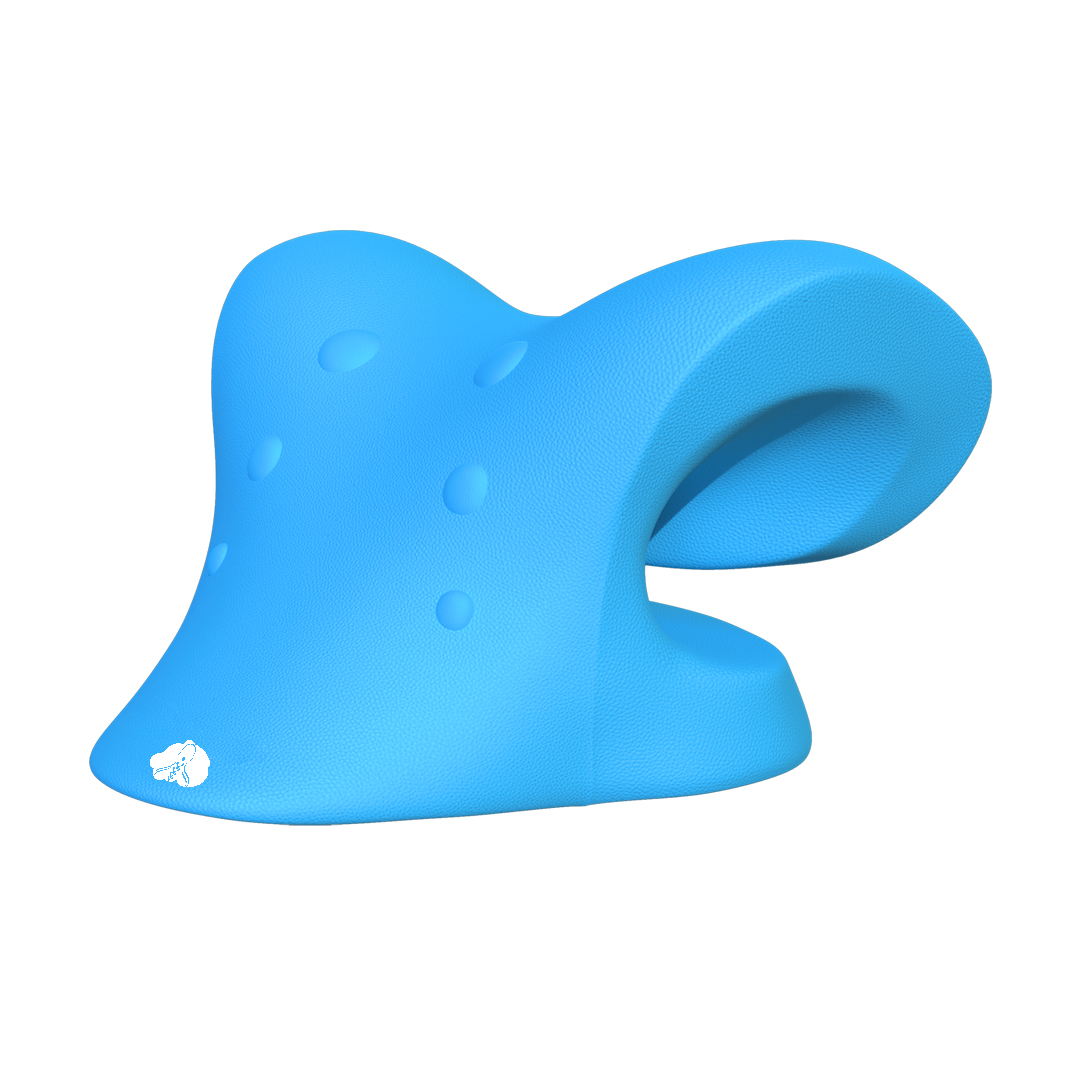Discover Neck Cloud: A Straightforward Service for Neck Discomfort and Tension
The Influence of Stress And Anxiety on Neck Pain: Approaches for Lowering Stress and Discomfort
In today's hectic world, it's clear that stress has actually ended up being a common element in the start and worsening of neck pain. The intricate connection in between anxiety and muscle tension usually leaves people looking for alleviation from the discomfort that takes place. By discovering targeted strategies aimed at minimizing stress and advertising leisure, one can begin to deal with the source of neck pain and work in the direction of a more well balanced state of well-being. Join us on a journey to untangle the impact of anxiety on neck discomfort and uncover reliable ways to reduce pain and improve general top quality of life.
Recognizing Stress-Related Neck Discomfort
Neck discomfort is a typical complaint that can typically be credited to tension. Stress-related neck pain can manifest as stress, rigidity, or pain in the neck and shoulder area. The connection in between stress and anxiety and neck discomfort hinges on the body's physiological reaction to tension, which can result in muscle stress and rigidity in the neck muscle mass. Chronic stress can lead to persistent neck pain and intensify status quo like cervical spondylosis or muscle strains.

Identifying Common Tension Locations
One typical tension area is the neck, where anxiety usually shows up literally. Tension headaches, stiff neck muscles, and restricted range of motion are typical symptoms of stress-related neck tension. Being aware of these common tension areas can aid individuals recognize the physical indicators of stress and anxiety and take actions to resolve them before they rise right into chronic discomfort or discomfort.
Carrying Out Relaxation Methods
To efficiently handle stress-related stress in the body, carrying out relaxation strategies is critical. Leisure techniques are valuable devices for decreasing neck pain caused by stress. Deep breathing exercises can help relax the mind and unwind stressful muscles in the neck and shoulders (neck cloud). Exercising mindfulness reflection can likewise be valuable in easing tension and advertising relaxation. Progressive muscular tissue relaxation, where you methodically tense and afterwards kick back different muscle mass groups, can release built-up stress in the neck area. In addition, activities like yoga exercise and tai chi incorporate both physical motion and leisure, making them efficient techniques for decreasing stress and anxiety and neck pain. Taking routine breaks throughout the day to stretch and unwind can avoid muscular tissue stiffness and stress from accumulating. By including these relaxation methods right into your daily regimen, you can aid handle stress and anxiety levels, lower tension in the neck, and ease discomfort related to stress-induced neck pain.
Including Self-Care Practices
Including self-care techniques is essential for maintaining general well-being and managing stress-related neck pain efficiently. Participating in regular physical activity, such as gentle stretching workouts or yoga exercise, can aid relieve stress in the neck and shoulders. Exercising great stance throughout the day and taking constant breaks from long term resting or display time can likewise stop pressure on the neck muscles.
In addition, focusing on adequate rest and developing a constant sleep routine can add dramatically to lowering anxiety levels and promoting leisure. Producing a soothing bedtime regimen, such as reviewing a publication or taking a warm bath, can help prepare the mind and body for peaceful sleep. Additionally, maintaining a balanced diet abundant in nutrients and remaining moistened can sustain total health and lower swelling you could check here that might aggravate neck discomfort.
Including mindfulness techniques, such as deep breathing workouts or meditation, can assist handle anxiety and promote leisure. Taking time for oneself, participating in pastimes, and setting borders to safeguard individual time are also vital elements of self-care that can add to minimizing tension and reducing neck discomfort.
Seeking Specialist Help
Just how can individuals properly attend to relentless neck pain that is influencing their life and well-being? Looking for professional aid can be a vital action in handling and alleviating neck discomfort. Consulting with healthcare experts such as chiropractic doctors, physical specialists, or orthopedic specialists can supply valuable insights and individualized treatment plans. These specialists can conduct detailed assessments to identify the underlying reasons of neck pain and advise suitable treatments.
Chiropractic specialists specialize in spine control strategies to boost positioning and minimize stress in the read the article neck location. Physical therapists use targeted stretches and workouts to strengthen muscles, improve adaptability, and boost overall neck function. Orthopedic professionals can give advanced medical interventions such as injections or surgical choices for severe cases of neck pain.
Final Thought

Stress-related neck pain can materialize as tension, stiffness, or pain in the neck and shoulder location. The link in between anxiety and neck discomfort exists in the body's physical feedback to stress and anxiety, which can result in muscle mass tension and tightness in the neck muscles. Tension headaches, stiff neck muscles, and limited array of activity are common symptoms of stress-related neck tension. By integrating these leisure methods into your daily regimen, you can aid handle tension see this levels, reduce stress in the neck, and ease discomfort associated with stress-induced neck discomfort.
